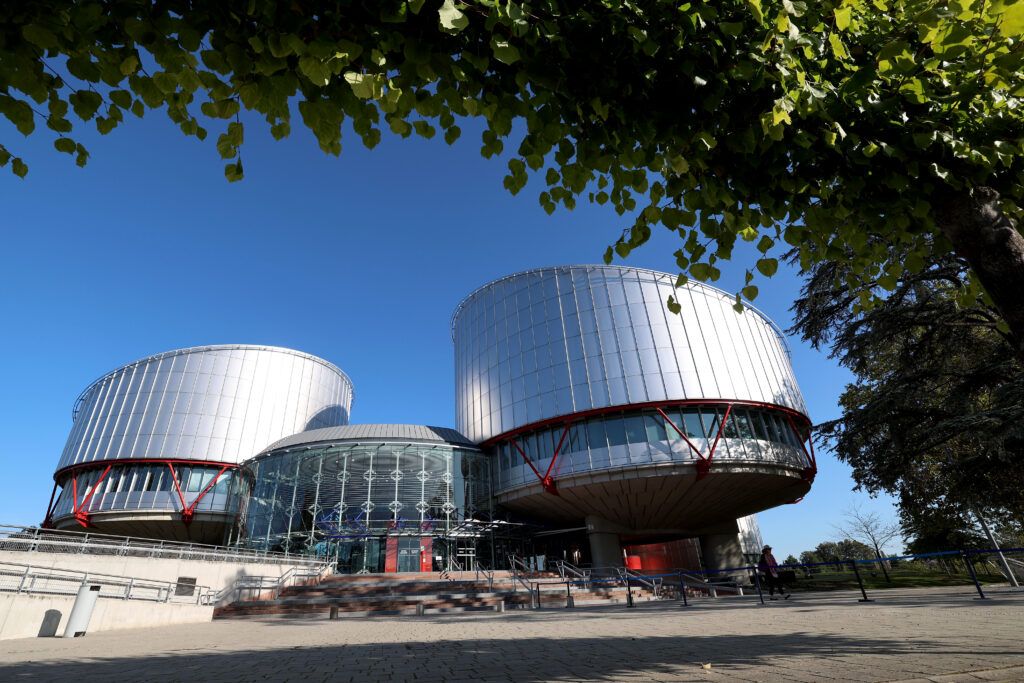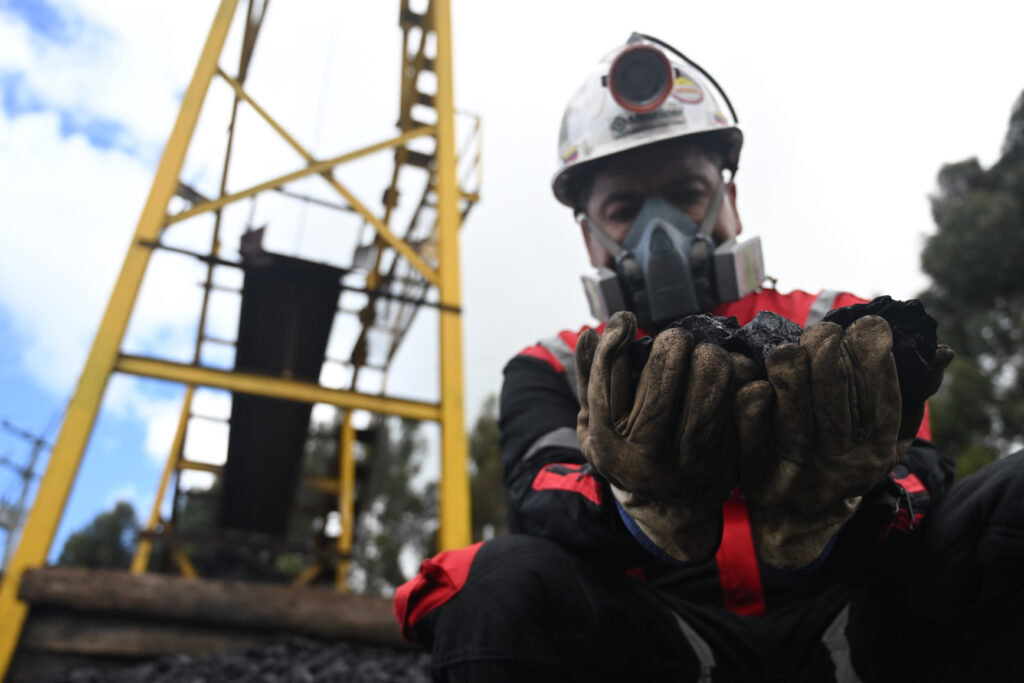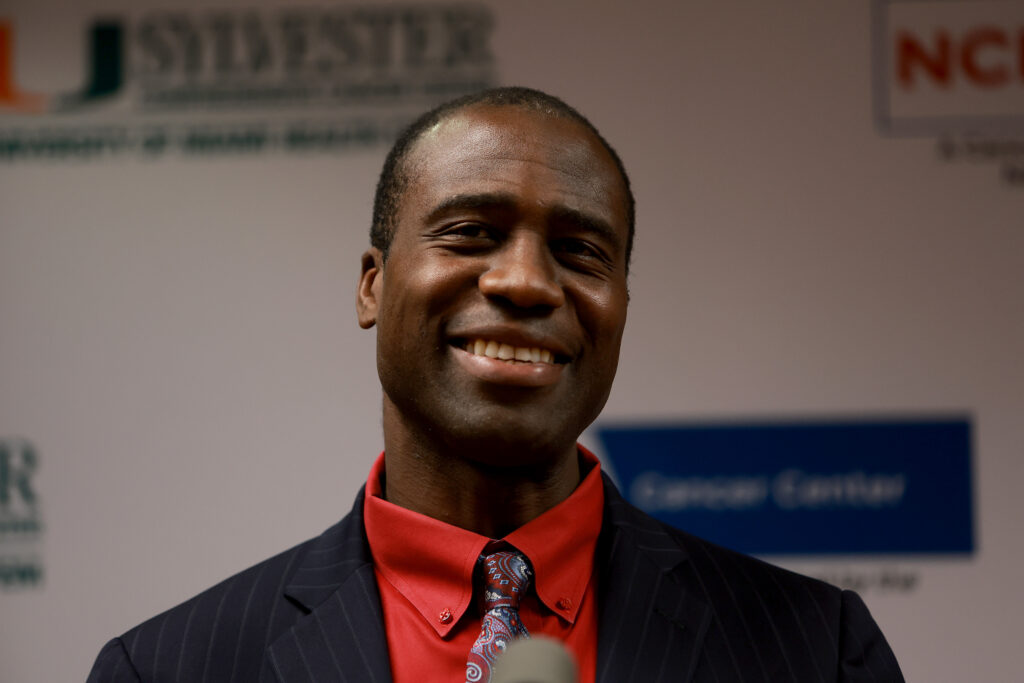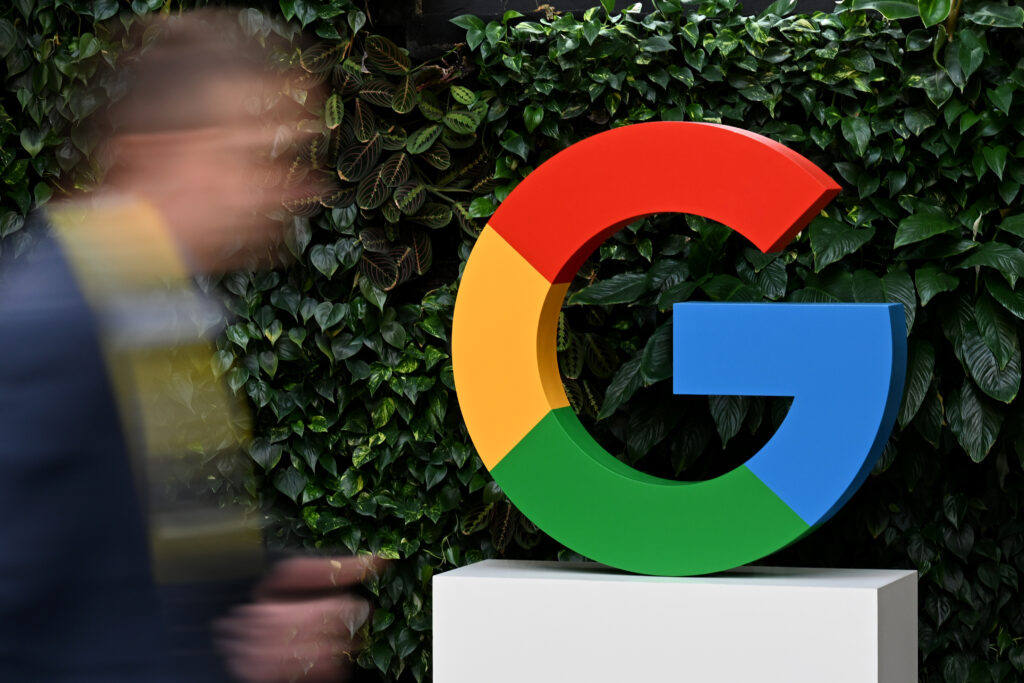Relation sadomaso: la CEDH rend un arrêt clé sur le consentement en France
La Cour européenne des droits de l’homme (CEDH) rend jeudi un arrêt sur le cas d’un pharmacien accusé d’avoir imposé à une collègue une relation sadomasochiste, une décision pouvant faire évoluer la définition du consentement dans le droit français.E.A. (identifiée par ses initiales pour protéger son anonymat), née en 1983, était préparatrice en pharmacie à l’hôpital de Briey (Meurthe-et-Moselle, est) en 2010, quand elle a entamé une relation sadomasochiste avec un chef de service, K.B., né en 1967.Elle a porté plainte en 2013 pour “viol avec torture et actes de barbarie par une personne abusant de son autorité”, “violences physiques et psychologiques” et “harcèlement et agression sexuels”.Mais le prévenu, condamné en première instance pour violences volontaires et harcèlement sexuel, a été totalement relaxé en 2021 par la cour d’appel de Nancy, les juges estimant que comme les deux protagonistes avaient signé un contrat “maître/chienne” régissant leur relation, celle-ci était consentie.Ayant épuisé les voies de recours en France, la plaignante a saisi la CEDH.- Audience “cauchemardesque” -Ses avocates estiment que la France ne lui a pas permis d’obtenir justice quant aux faits de viol et d’agressions sexuelles dénoncés, ces chefs d’accusation ayant d’emblée été écartés par les magistrats – l’affaire a été renvoyée en correctionnelle, et non aux assises où sont jugés les viols.Elles ont également réclamé que la France soit condamnée pour la “victimisation secondaire” que la plaignante estime avoir subi, c’est-à-dire le fait de s’être sentie traitée elle-même comme fautive, du fait de questions déplacées ou de remarques culpabilisantes lors de la procédure.L’audience en appel “est décrite par l’avocate mais aussi par mes collègues comme cauchemardesque”, témoigne Nina Bonhomme Janotto, juriste à l’Association européenne contre les violentes faites aux femmes au travail (AVFT), partie civile dans l’affaire. “C’était une mise au pilori”, insiste-t-elle.Elles estiment enfin que le droit français ne protège pas suffisamment les victimes de violences sexuelles.- “Consentement de façade” -Si la France est condamnée par la cour européenne, “ça peut motiver le gouvernement français à rendre effective une loi qui soit plus protectrice des femmes” et pousser les juges à “améliorer leur interprétation de la loi”, estime l’avocate de la plaignante, Marjolaine Vignola.”Ce qui est profondément en jeu dans cette décision de la CEDH, c’est la définition du viol”, expose Nina Bonhomme Janotto.En droit français, le viol est défini comme une pénétration imposée par “violence, contrainte, menace ou surprise”.Une proposition de loi en cours d’examen au parlement vise à modifier cette formulation, définissant le viol comme “tout acte sexuel non consenti” et le consentement comme “libre et éclairé, spécifique, préalable et révocable”.De cette façon, comme c’est déjà le cas en Espagne ou en Suède, ce ne serait plus aux victimes de prouver la contrainte mais aux mis en cause de démontrer que le rapport était consenti.Dans ce cas précis, la plaignante était placée en position de faiblesse ou de dépendance, selon son avocate: elle était jeune, isolée, engagée avec l’hôpital qui lui avait financé sa formation, et K.B. l’avait opposée à d’autres collègues pour mieux se présenter comme son protecteur.Or, “la cour d’appel de Nancy s’est contentée d’un consentement de façade, elle a dit +il y a eu le contrat, elle ne s’est pas opposée, elle n’a pas résisté de façon ferme aux assauts de son supérieur+, mais elle ne s’est pas demandé si ce consentement était libre et éclairé”, déplore Me Vignola.”Le oui ne suffit pas. La femme va dire oui mais elle est en situation d’emprise et ne le désire pas vraiment. Il va falloir regarder les circonstances environnantes qui vont permettre à l’agresseur d’extorquer un oui vicié”, défend-elle.






